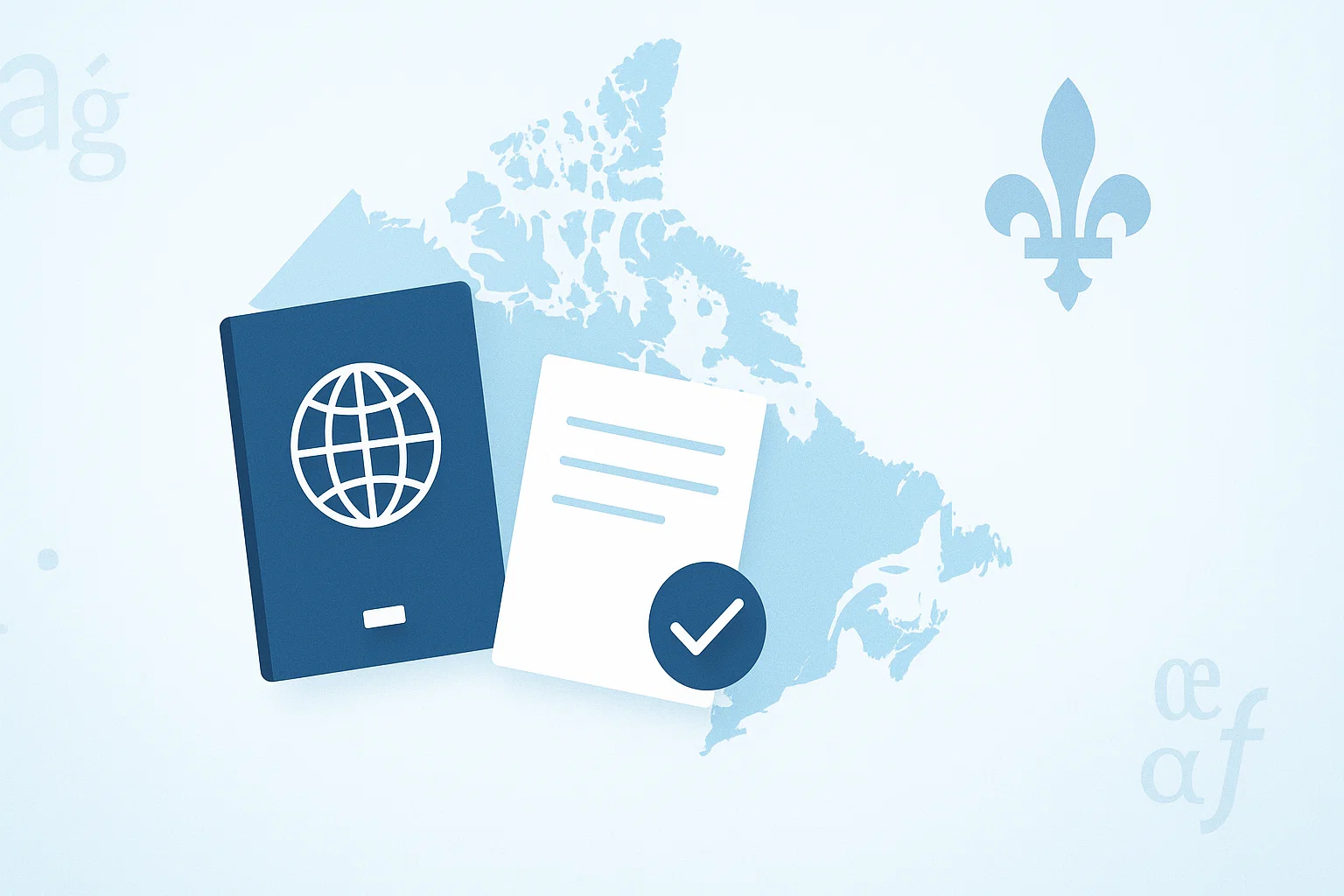
On October 3, 2024, Immigration, Refugees and Citizenship Canada (IRCC) released updated guidelines concerning the Intra-Company Transferee (ICT) work permit category. These revisions introduce a more restrictive interpretation of the ICT category, significantly impacting foreign companies seeking to establish or expand operations in Canada.
Regulatory Background
The ICT work permit is authorized under Subsections 204(a) and 205(a) of the Immigration and Refugee Protection Regulations:
- Section 204(a) applies to ICT applicants under international free trade agreements to which Canada is a party.
- Section 205(a) pertains to the general ICT category available to all foreign nationals, regardless of citizenship.
The recent updates primarily focus on the general ICT category under Section 205(a), though some changes also affect ICT work permits under Section 204(a).
Key Updates
1. Clarification of ICT Category Purpose [Section 205(a)]
The updated guidelines emphasize that the ICT category is not intended to facilitate the transfer of an enterprise’s general workforce to Canadian affiliates. Only executives, managers, and specialized knowledge workers qualify. Applicants must provide documentation demonstrating the temporary nature of their stay and confirm their intent to leave Canada upon completing their assignment.
2. New Definition of “Multinational Corporation” [Section 205(a)]
The ICT category now limits eligibility to employees of a multinational corporation (MNC) that has revenue-generating operations in at least two countries. Companies operating solely in their country of incorporation cannot use the ICT category to establish a first foreign enterprise in Canada.
3. Requirement to Demonstrate Significant Benefit to Canada [Section 205(a)]
Applicants must include documentation showing how their work will create or maintain significant cultural, social, or economic benefits for Canada. Previously, meeting the ICT eligibility criteria presumed such benefit.
4. Revisions to Specialized Knowledge Criteria [Section 205(a)]
- Occupation: The Canadian position must be similar to the foreign position in terms of Training, Education, Experience, and Responsibilities (TEER) as defined by the National Occupational Classification (NOC). Exceptions for unique situations have been removed.
- Experience: Applicants with less than two years of experience with the foreign enterprise may find it challenging to qualify as specialized knowledge workers.
- Wage Considerations: Officers may consider the applicant’s compensation abroad, expecting that specialized knowledge workers receive above-average compensation in their home country.
5. Requirement to Maintain Foreign Position Availability [Section 205(a)]
Applicants must demonstrate that their position with the foreign enterprise remains available throughout their stay in Canada, enabling them to return upon completing their Canadian assignment. This requirement may be burdensome, given the potential five- to seven-year duration of ICT assignments.
6. Restrictions on Changing ICT Categories [Sections 204(a) and 205(a)]
While foreign nationals can apply for a new work permit in a different ICT category, they must:
- Demonstrate that their current foreign position is equivalent to the new Canadian position.
- Have at least one year of experience in a similar full-time position with the foreign enterprise within the three years immediately preceding the new application.
This restricts flexibility in transitioning between specialized knowledge and executive/managerial roles.
7. Location of Employment Requirements [Section 205(a)]
- Applicants must provide a reasonable explanation for why their work cannot be completed remotely; time zone differences are insufficient.
- Those establishing new enterprises must prove the necessity of relocating to Canada to manage operations that will function independently of the foreign company.
- Specialized knowledge workers must be directly employed and supervised by the Canadian enterprise, not placed at third-party locations.
8. Physical Commercial Premises Requirement [Section 205(a)]
ICT workers must work at the Canadian business’s physical commercial premises. Businesses without such premises—such as home offices, shared spaces, or virtual offices using mailing addresses—are ineligible to transfer ICTs to Canada.
9. Prevailing Wage Requirements [Sections 205(a) and 204(a)]
- Section 205(a): Continues to enforce a mandatory wage floor for specialized knowledge workers. Wages must meet or exceed the prevailing wage for the occupation and region in Canada.
- Section 204(a): No mandatory wage floor, but officers may consider wage levels as a factor in assessing specialized knowledge.
10. Duration of Stay Limits [Sections 204(a) and 205(a)]
- The initial maximum period of admission for an ICT is three years, with the possibility of two-year extensions.
- Executives and managers have a total stay limit of seven years; specialized knowledge workers have a limit of five years.
The updated guidelines impose significant restrictions on the ICT work permit category, particularly under Section 205(a). These changes present considerable challenges for foreign companies relying on the ICT program to transfer key personnel to new or existing Canadian operations. Businesses should thoroughly review these changes and may need to seek professional immigration legal advice to adjust their global talent strategies accordingly.









